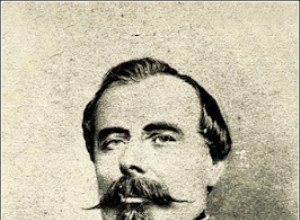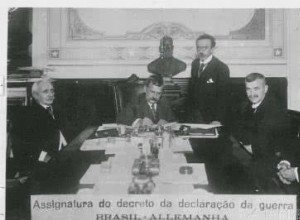GEOGRAPHICAL SPACE It takes place in the provinces of Morropón, Ayabaca, Huancabamba in Alto Piura. At the end of the Formative or Early Horizon, the Vicús Culture developed in the northern coastal area of Peru, in the lower course of the Piura River, 7 km from the district of Chulucanas, in the p




